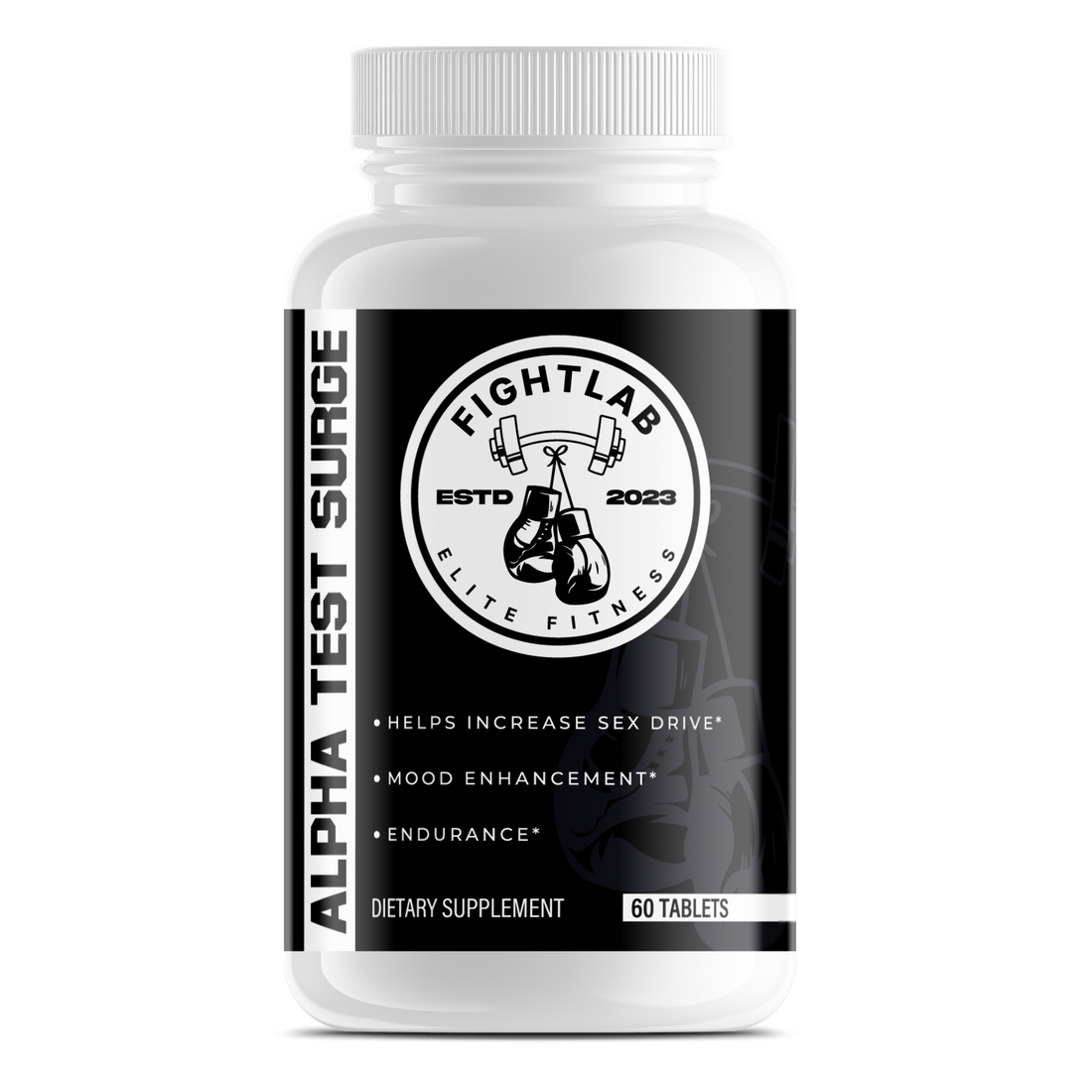
L-Arginine: Hype or Hero for Athletes Training Under Pressure?
Share
🧬 L-Arginine: Hype or Hero for Athletes Training Under Pressure?
By Fight Lab Fitness | Expert Blog Series | June 2025
If you’ve ever taken a pre-workout promising a "massive pump," there’s a good chance L-arginine was on the label. But does this amino acid really enhance performance under pressure — especially in athletes pushing their limits in hypoxic or high-intensity conditions?
A recent systematic review published in the International Journal of Molecular Sciences digs deep into 50 years of research on L-arginine, nitric oxide (NO), and their role in cardiovascular health, stress resistance, and performance — with some surprising takeaways for both elite athletes and weekend warriors.
🧪 What Is L-Arginine — And Why Does It Matter?
L-arginine is a semi-essential amino acid that serves as a precursor for nitric oxide (NO), a molecule known for its vasodilating, anti-inflammatory, and antioxidant properties. NO plays a critical role in regulating blood flow, oxygen delivery, and cellular energy metabolism — especially under stress or hypoxic (low oxygen) conditions.
🫀 Proven Clinical Benefits in Disease States
The review confirmed L-arginine’s effectiveness in clinical populations, including:
-
Hypertension & Heart Disease: L-arginine boosts endothelial NO production, improving blood flow and reducing blood pressure.
-
Pulmonary Hypertension & Raynaud’s Phenomenon: Clinical trials show improved microcirculation and reduced symptoms.
-
Pregnancy-Related Complications: When combined with medications like pravastatin, L-arginine improved uteroplacental blood flow and fetal outcomes.
💡 Takeaway: In people with compromised vascular function, L-arginine clearly works.
🥊 What About Athletes?
Now the million-dollar question: Does L-arginine help athletes train harder or recover faster?
It depends on your physiological baseline. According to the review:
-
Athletes with low hypoxia tolerance (poor adaptation to low oxygen) benefit from L-arginine through enhanced NO production and energy efficiency.
-
Athletes with high hypoxia resistance (already well-adapted) may see no benefit — and could even block NO pathways with continued supplementation.
In other words, if you’re already elite, L-arginine might not push you further. But if you’re still developing your conditioning or recovering from stress or illness, it could help you level up.
🔬 The “L-Arginine Paradox”
Here's where it gets fascinating. Despite its popularity:
-
Blood L-arginine levels are already sufficient in healthy individuals to fully saturate the NO-producing enzyme (eNOS).
-
More L-arginine ≠ more NO — unless you have a health issue or a condition that suppresses NO production (e.g., inflammation, insulin resistance, etc.).
This explains why studies on L-arginine’s performance benefits in healthy athletes are so inconsistent.
💡 When Supplementation Might Make Sense
L-arginine could be beneficial in cases like:
-
Athletes beginning new high-intensity training cycles
-
Recovering from illness, injury, or overtraining
-
Combat sports or endurance events at elevation
-
Individuals with poor cardiovascular markers
It’s also a precursor to creatine, adding potential support for muscular energy during intense effort.
🌱 Bioavailability & Dosing Tips
-
Plant-based sources of L-arginine (e.g., pumpkin seeds, lentils) are more bioavailable than animal-based, due to a better arginine-to-lysine ratio.
-
Oral doses of 6–9g/day are commonly used in studies, with limited adverse effects.
-
L-citrulline may be even more effective at raising blood arginine levels, due to bypassing liver metabolism.
⚠️ Final Word: Know Your Body
L-arginine is not a magic bullet. Its effectiveness depends on your individual physiological reactivity, particularly how well your body handles oxygen deprivation and oxidative stress.
💭 Our recommendation at Fight Lab Fitness: If you’re experimenting with L-arginine, track how you feel during training cycles with and without it. Consider pairing it with interval hypoxia training, creatine, or L-citrulline to explore synergistic effects — but always listen to your body.
📦 Fight smart. Train hard. Recover harder. Welcome to the Fight Lab. Unleash the Warrior Within.
